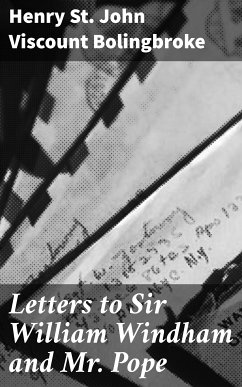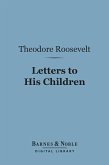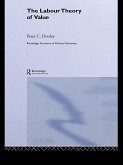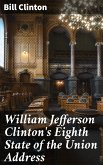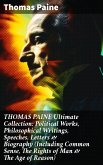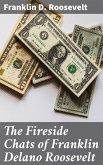In "Letters to Sir William Windham and Mr. Pope," Henry St. John, Viscount Bolingbroke, presents a compelling collection of correspondence that weaves together personal reflections, political philosophy, and literary critique. Written in a prose style marked by rhetorical elegance, these letters illuminate the complexities of Bolingbroke's political ideals and his intimate relationships with prominent figures of his time. The text reflects the rich socio-political context of early 18th-century England, offering insight into the Whig-Tory divide and the evolving nature of public discourse amid burgeoning Enlightenment thought. Bolingbroke, a man of dual conviction both in political reform and literary achievement, was shaped by his experiences in the tumultuous realm of British politics, where he navigated roles as a statesman, diplomat, and exile. His exchanges with Windham, a fellow statesman, and Pope, the eminent poet, encapsulate his views on governance and the moral obligations of leadership, drawing on his own fall from grace and subsequent reflections during his years in self-imposed exile. This book is a must-read for those intrigued by the interplay of political power and literary craft in the Enlightenment period. Bolingbroke'Äôs expertise and reflective tone elevate the letters beyond mere correspondence, making them a profound commentary on the nature of society and governance. Readers seeking an understanding of this critical period in history will find Bolingbroke's insights both engaging and enlightening.
Dieser Download kann aus rechtlichen Gründen nur mit Rechnungsadresse in A, B, BG, CY, CZ, D, DK, EW, E, FIN, F, GR, H, IRL, I, LT, L, LR, M, NL, PL, P, R, S, SLO, SK ausgeliefert werden.

